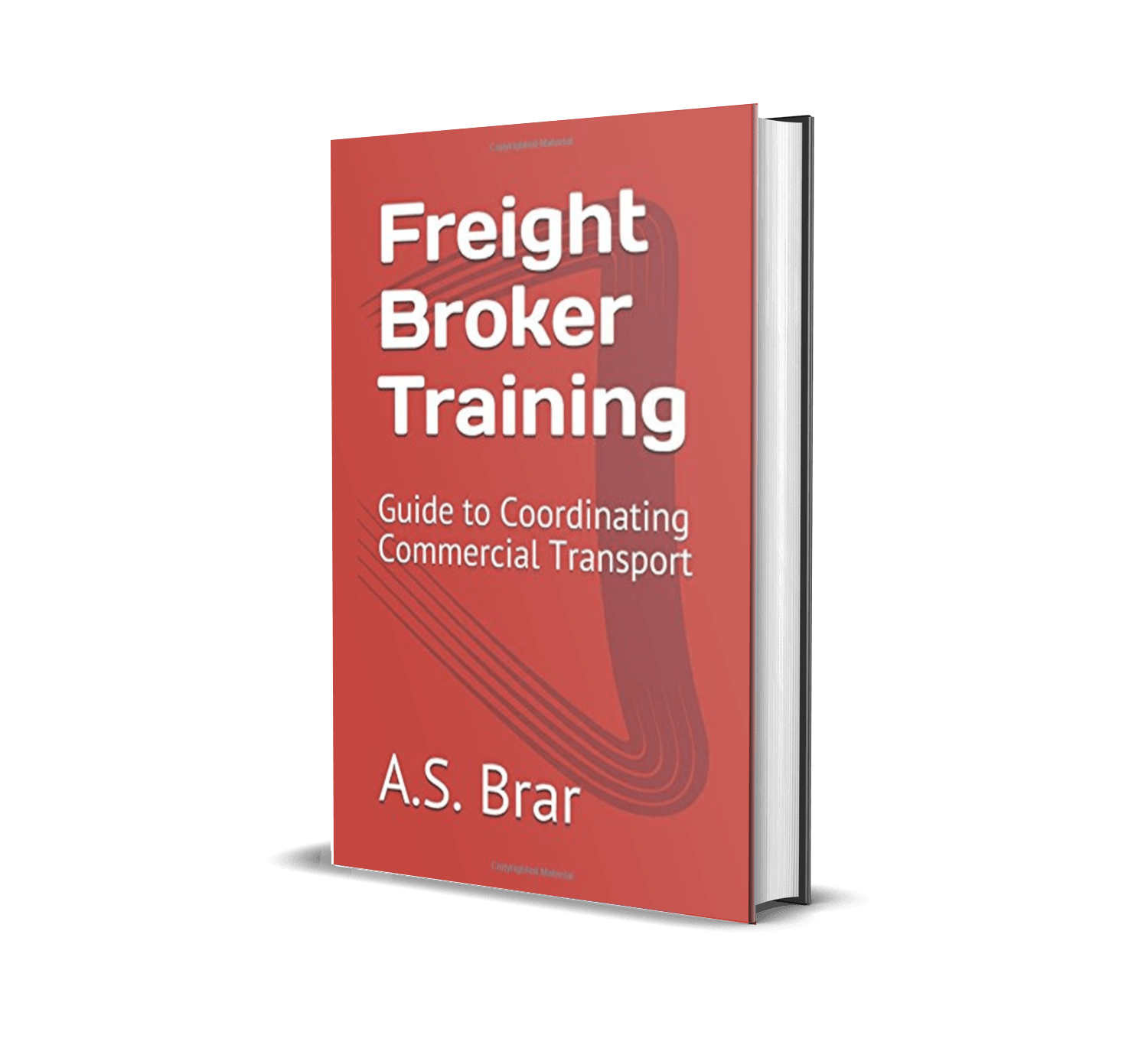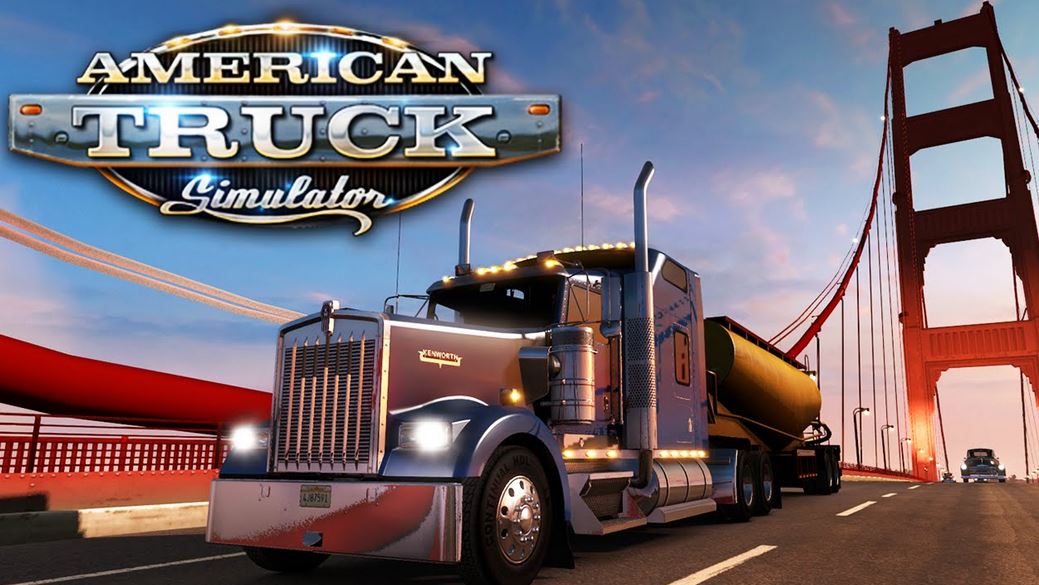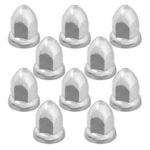It takes courage to leave a secure job and start your own business. You need to be highly motivated and have lots of ideas. But you must also invest time and energy in planning.
Learning how to make a successful trucking company starts off with the fundamental points. Here is some advice to start a trucking company if you are thinking of taking that big step.
1. Knowing Your Niche
Successful companies are about spotting a need that is not being met. You should know what your niche will be. This should be determined by your experience and your knowledge of freight rates in that niche.
There are several different niches that your business can occupy. These include:
- Courier firms
- For-hire carriers
- Refrigerated goods
- Flatbed truck loads
2. Buying or Leasing a Truck
When starting your trucking company you have two options – you can lease or you can buy trucks depending on what suits your needs best. The biggest and most important difference between buying a truck and leasing is the fact that you’ll actually own something when it’s all said and done.
The cost of a new truck is estimated to range between $110,000 to $125,000. You may find a used truck that is a few years old with over 400,000 miles on it for $40,000 to $50,000 less than a new one. On average, truck repairs cost an estimated $15,000 annually according to the ATRI and with used trucks, that number can be even more.
3. Choosing the Right Truck and Trailer
Getting the right truck will take some work. But if you do your due diligence, you can find the truck your company needs and it can have a tremendous impact on your trucking companies earning potential.
4. Choosing Truck Insurance
Once you’ve established your trucking company you will need to make sure that it’s properly insured. Check out what the FMCSA has to say on the matter and decide which insurance plan you are best suited for.
It is smart to sit down with your insurance provider each year to discuss the insurance needs of your business. Often, insurance companies will develop new packages that are beneficial to those who own a business in the transportation sector.
5. Applying for Trucking Authority
Before you can start, you need to make sure you’re in compliance with state and federal laws and several trucking safety rules. This is extremely important. You don’t want to run afoul of the law after you’ve started your business.
- USDOT Number – This number from the U.S. Department of Transportation (DOT) is used to collect and monitor your company’s safety information, inspections, crash investigations, etc. The processing time can take 20-25 business days according to the FMCSA.
- Trucking Authority – All for-hire carriers must have authority from the DOT to haul freight across state lines.Your authority also determines what types of freight you can haul.
- Heavy Vehicle Use Tax – Applies to all trucks that weigh more than 55,000 pounds.
- IRP Tag and IFTA Decal—each state has a different policy for obtaining International Registration Plan Tags and International Fuel Tax Agreement Decals. Find out what your state requires.
Conclusion
Starting any type of business is rough. Building a trucking business is no different. You need to work hard and make a plan. However, If done correctly, there is great opportunity to grow and prosper as an owner-operator.
There is further resources available Operating Expenses for a Trucking Company | TruckFreighter.com





It was very helpful when you talked about trucking companies and what we’ll need to start one! The other day, I met with my cousin, and he mentioned he wants to start a business. My cousin would like to invest in starting a trucking business, so I’ll share your article with him now! I appreciate your advice on how you’ll need to check the law when starting a trucking business!